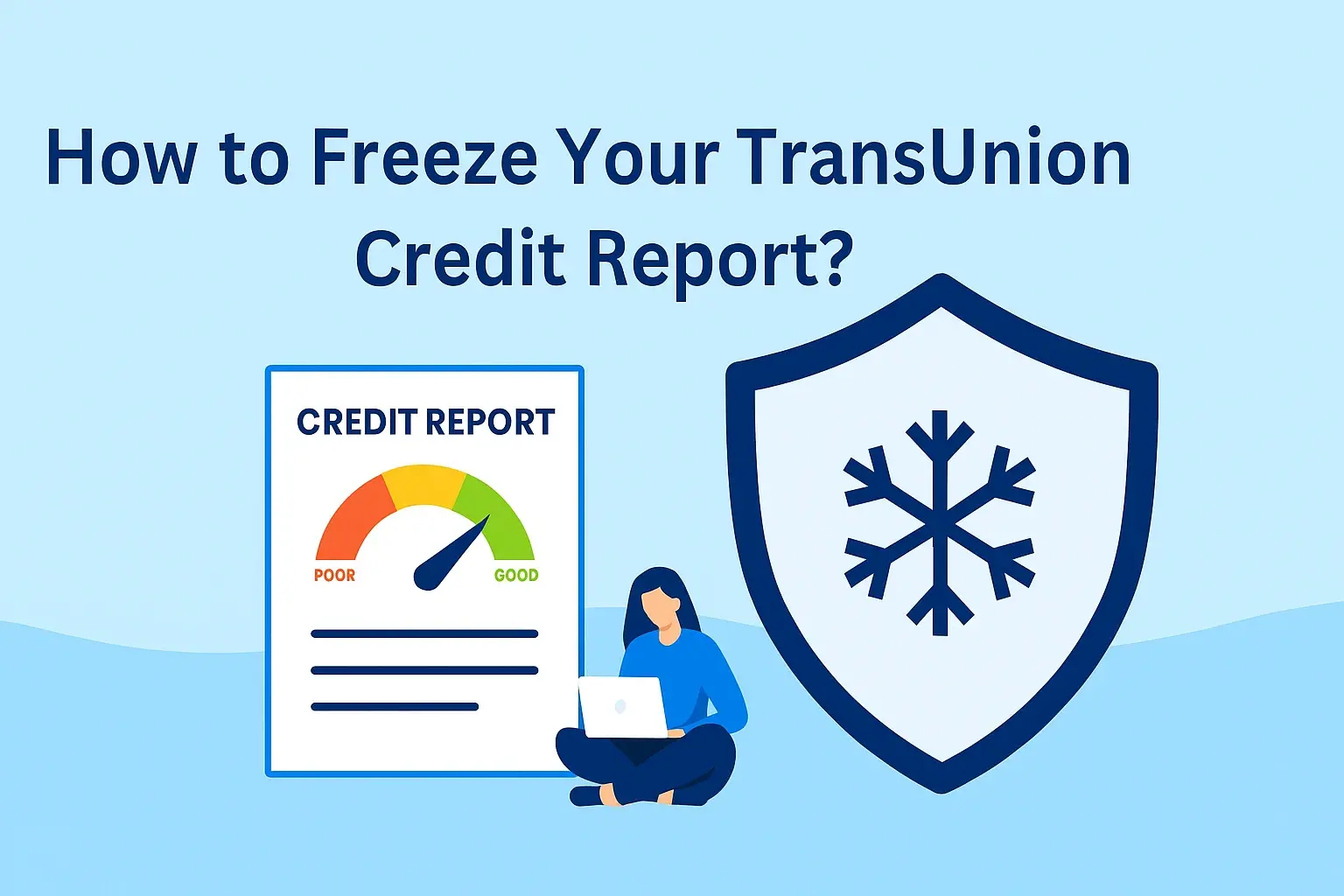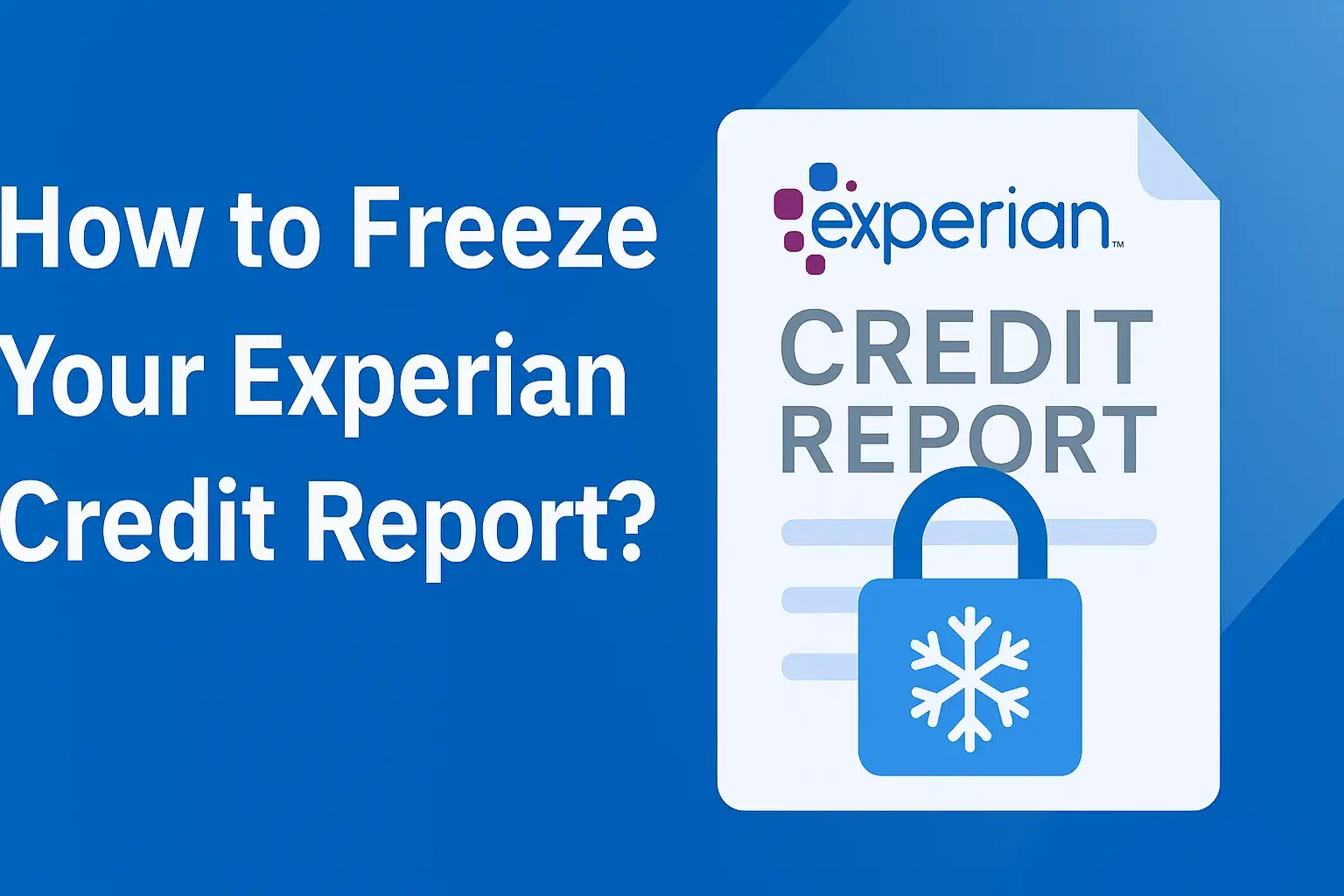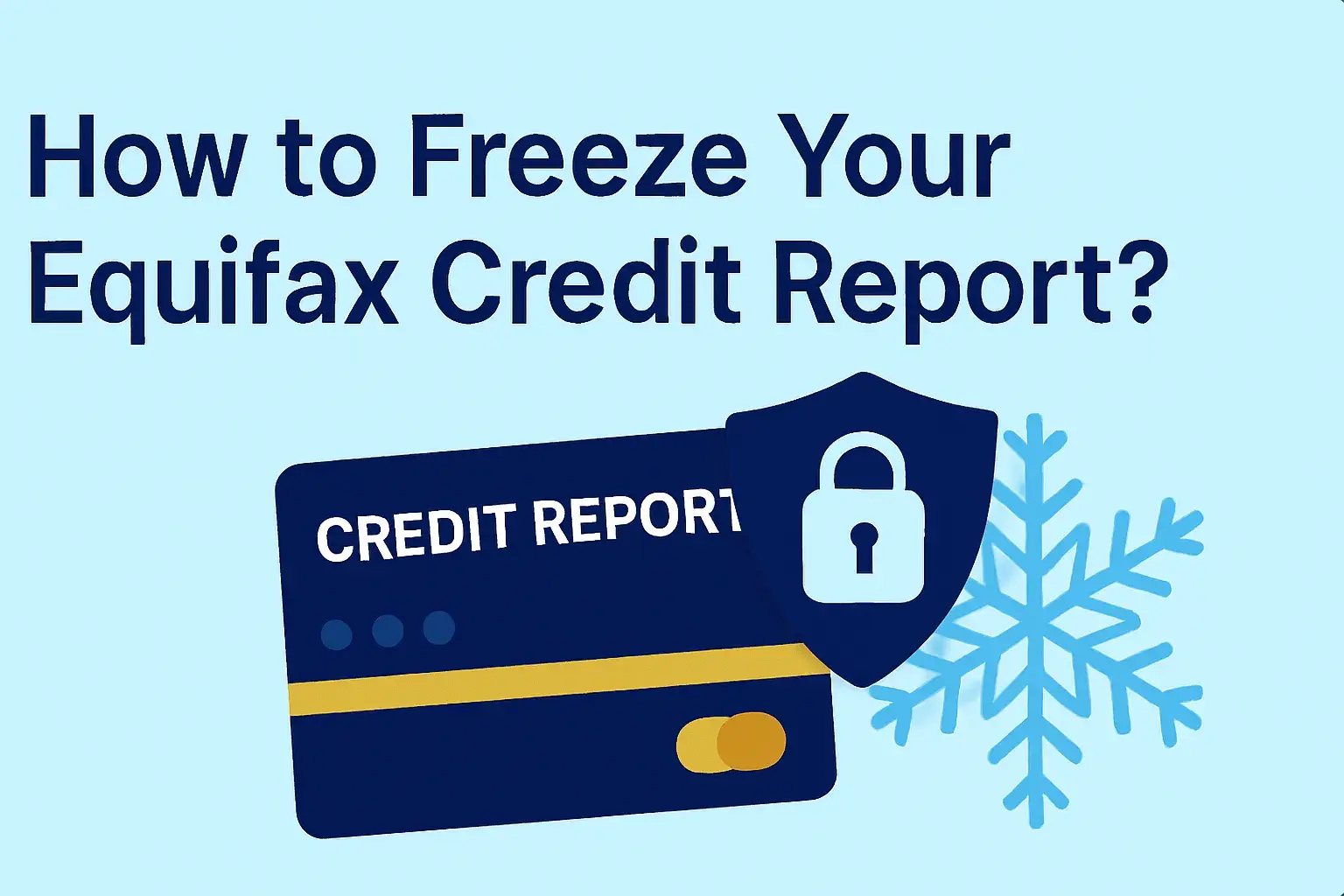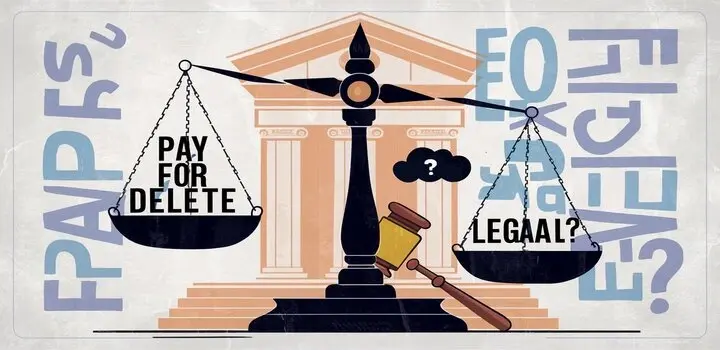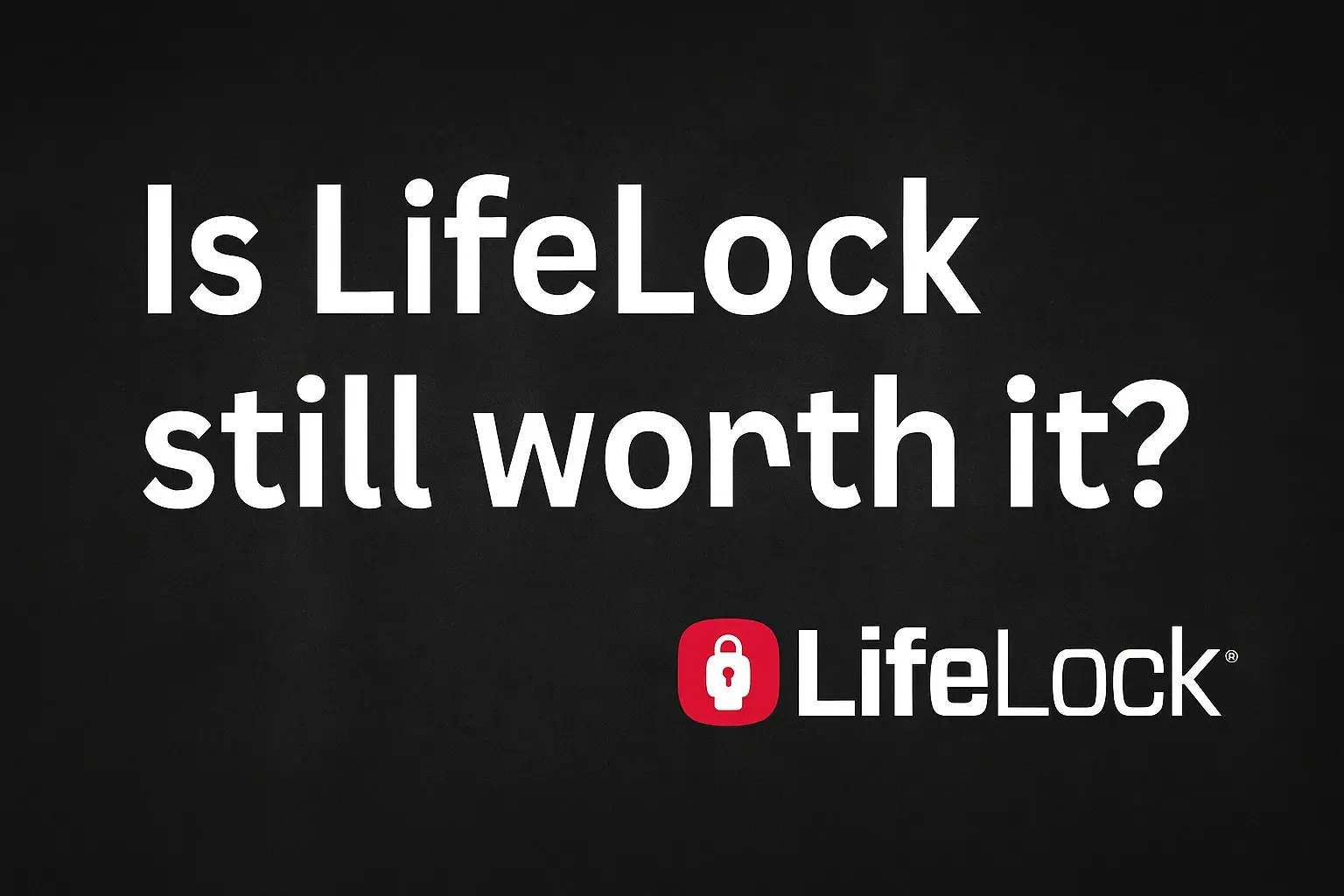-
Posted on: 26 Jul 2024
-
Identity theft is a growing concern in our increasingly digital world. The potential consequences – financial ruin, damaged credit scores, and immense stress – make it crucial to take proactive steps to protect your personal information. LifeLock, now a part of NortonLifeLock, is a popular name in the identity theft protection industry, promising to safeguard your sensitive data and alert you to potential threats. But does LifeLock truly *stop* identity theft? This comprehensive review delves into LifeLock's features, limitations, and overall effectiveness to help you make an informed decision.
Understanding Identity Theft and Its Risks
Before evaluating LifeLock, it’s essential to understand what identity theft is and the different forms it can take.
Identity theft occurs when someone steals your personal information, such as your Social Security number, credit card details, or bank account information, and uses it without your permission for fraudulent purposes. This can include:
- Financial Identity Theft: Opening fraudulent credit card accounts, taking out loans, or making unauthorized purchases.
- Medical Identity Theft: Using your health insurance information to obtain medical care, prescriptions, or submit false claims.
- Tax Identity Theft: Filing fraudulent tax returns to claim refunds.
- Government Benefits Fraud: Obtaining government benefits, such as unemployment or Social Security, using your information.
- Criminal Identity Theft: Impersonating you if they are arrested or cited, potentially damaging your reputation and leading to legal complications.
The consequences of identity theft can be devastating, including significant financial losses, damage to your credit score, difficulty obtaining loans or mortgages, and the emotional distress of dealing with the aftermath of fraud.
What is LifeLock? An Overview of Features and Services
LifeLock offers a suite of identity theft protection services designed to monitor your personal information and alert you to potential threats. Their plans vary in price and features, but generally include:
- Identity Monitoring: Monitoring your personal information across various databases, public records, and online sources for signs of misuse.
- Credit Monitoring: Tracking your credit reports from one or all three major credit bureaus (Equifax, Experian, TransUnion) and alerting you to changes that could indicate fraud.
- Dark Web Monitoring: Scanning the dark web for your personal information, such as email addresses, passwords, and credit card numbers, which may have been compromised in data breaches.
- Social Security Number Monitoring: Monitoring the use of your Social Security number and alerting you to suspicious activity.
- Bank Account and Credit Card Monitoring: Monitoring your bank accounts and credit cards for unauthorized transactions.
- Data Breach Notifications: Providing alerts if your personal information has been exposed in a data breach.
- Stolen Funds Reimbursement: Reimbursing you for stolen funds lost due to identity theft (coverage amounts vary by plan).
- Personal Expense Compensation: Compensating you for expenses incurred as a result of identity theft, such as legal fees and travel expenses (coverage amounts vary by plan).
- Identity Restoration Services: Providing assistance from identity restoration specialists to help you recover your identity if you become a victim of identity theft.
- 24/7 Customer Support: Offering around-the-clock customer support to answer your questions and assist you with identity theft issues.
LifeLock Plans and Pricing
LifeLock offers several different plans, each with varying levels of protection and pricing. The main tiers typically include:
- Select: The most basic plan, offering credit monitoring from one bureau, dark web monitoring, and stolen funds reimbursement.
- Advantage: A mid-tier plan that includes credit monitoring from one bureau, bank account and credit card activity alerts, and crime alerts.
- Ultimate Plus: The most comprehensive plan, offering credit monitoring from all three bureaus, investment account activity alerts, home title monitoring, and priority customer support.
Pricing varies depending on the chosen plan and any promotional offers available. It's important to compare the different plans and choose the one that best fits your needs and budget.
Can LifeLock Guarantee to Stop Identity Theft?
The short answer is no. No identity theft protection service, including LifeLock, can completely guarantee to stop identity theft. The reality is that identity theft is a complex and evolving problem, and criminals are constantly developing new methods to steal personal information. LifeLock can significantly reduce your risk of becoming a victim, and can help you recover more quickly if you do, but it cannot eliminate the risk entirely.
LifeLock primarily focuses on detecting and alerting you to potential identity theft. They monitor your information for signs of misuse and notify you if they detect suspicious activity. This early warning system can give you time to take action and minimize the damage caused by identity theft.
However, LifeLock cannot prevent all forms of identity theft. For example, if someone steals your wallet containing your driver's license and credit cards, LifeLock may not be able to prevent them from using those physical items before you report them stolen. Similarly, sophisticated phishing scams or data breaches can compromise your information before LifeLock has a chance to detect it.
The Limitations of Identity Theft Protection Services Like LifeLock
It's crucial to understand the limitations of identity theft protection services to have realistic expectations. Here are some key limitations to consider:
- Reactive, Not Proactive: LifeLock is primarily a reactive service. It detects and alerts you to potential identity theft after it has already occurred. While this early warning system is valuable, it doesn't prevent the theft from happening in the first place.
- Limited Coverage: LifeLock's monitoring capabilities are limited to the data sources they have access to. They may not be able to detect all instances of identity theft, particularly those that occur offline or through less common channels.
- False Alarms: Identity theft protection services can sometimes generate false alarms. This can be frustrating and time-consuming to investigate.
- Cost: LifeLock plans can be relatively expensive, especially for the more comprehensive options. You need to weigh the cost against the potential benefits and consider whether you can afford the ongoing subscription fees.
- Doesn't Prevent All Threats: LifeLock doesn't prevent all types of identity theft, such as theft of physical documents or misuse of your information by someone you know.
What LifeLock Does Well: Key Strengths
Despite its limitations, LifeLock offers several valuable benefits that can help protect you from identity theft:
- Early Detection: LifeLock's monitoring services can detect suspicious activity quickly, giving you time to take action and minimize the damage.
- Comprehensive Monitoring: LifeLock monitors a wide range of data sources, including credit reports, the dark web, public records, and financial accounts.
- Identity Restoration Services: If you become a victim of identity theft, LifeLock provides access to identity restoration specialists who can help you recover your identity. This can be a significant time-saver and reduce the stress of dealing with the aftermath of fraud.
- Stolen Funds Reimbursement and Personal Expense Compensation: LifeLock's reimbursement policies can help cover financial losses and expenses incurred as a result of identity theft.
- Peace of Mind: Knowing that your personal information is being monitored can provide peace of mind and reduce anxiety about identity theft.
Beyond LifeLock: Proactive Steps You Can Take
While LifeLock can be a valuable tool, it's essential to take proactive steps to protect yourself from identity theft, regardless of whether you subscribe to an identity theft protection service. Here are some key measures you can take:
- Protect Your Social Security Number: Keep your Social Security number secure and only provide it when absolutely necessary. Never carry your Social Security card in your wallet.
- Use Strong Passwords: Create strong, unique passwords for all your online accounts. Use a password manager to help you generate and store your passwords securely.
- Be Wary of Phishing Scams: Be cautious of suspicious emails, phone calls, and text messages that ask for your personal information. Never click on links or open attachments from unknown senders.
- Monitor Your Credit Reports: Check your credit reports regularly for any signs of suspicious activity. You can obtain a free credit report from each of the three major credit bureaus once per year at AnnualCreditReport.com.
- Shred Sensitive Documents: Shred documents containing personal information, such as bank statements, credit card bills, and medical records, before discarding them.
- Secure Your Wireless Network: Protect your home wireless network with a strong password and enable encryption.
- Update Your Software Regularly: Keep your computer, smartphone, and other devices up to date with the latest security patches and software updates.
- Be Careful on Social Media: Be mindful of the information you share on social media, as it can be used by identity thieves. Avoid posting personal details that could be used to answer security questions or access your accounts.
- Use Two-Factor Authentication: Enable two-factor authentication (2FA) on all your online accounts that support it. 2FA adds an extra layer of security by requiring you to enter a code from your phone or another device in addition to your password.
Is LifeLock Worth It? Making the Right Decision for You
Whether or not LifeLock is worth it depends on your individual circumstances, risk tolerance, and budget. Consider the following factors when making your decision:
- Your Risk of Identity Theft: If you are at high risk of identity theft, such as if you have been a victim of identity theft in the past or if you frequently use public Wi-Fi networks, LifeLock may be a worthwhile investment.
- Your Financial Situation: Consider the cost of LifeLock and whether you can afford the ongoing subscription fees.
- Your Technical Skills: If you are comfortable monitoring your own credit reports and taking proactive steps to protect your identity, you may not need LifeLock.
- The Value of Peace of Mind: If you are concerned about identity theft and would appreciate the peace of mind that LifeLock provides, it may be worth the cost.
Ultimately, the decision of whether or not to subscribe to LifeLock is a personal one. Weigh the pros and cons carefully and choose the option that best fits your needs and budget.

